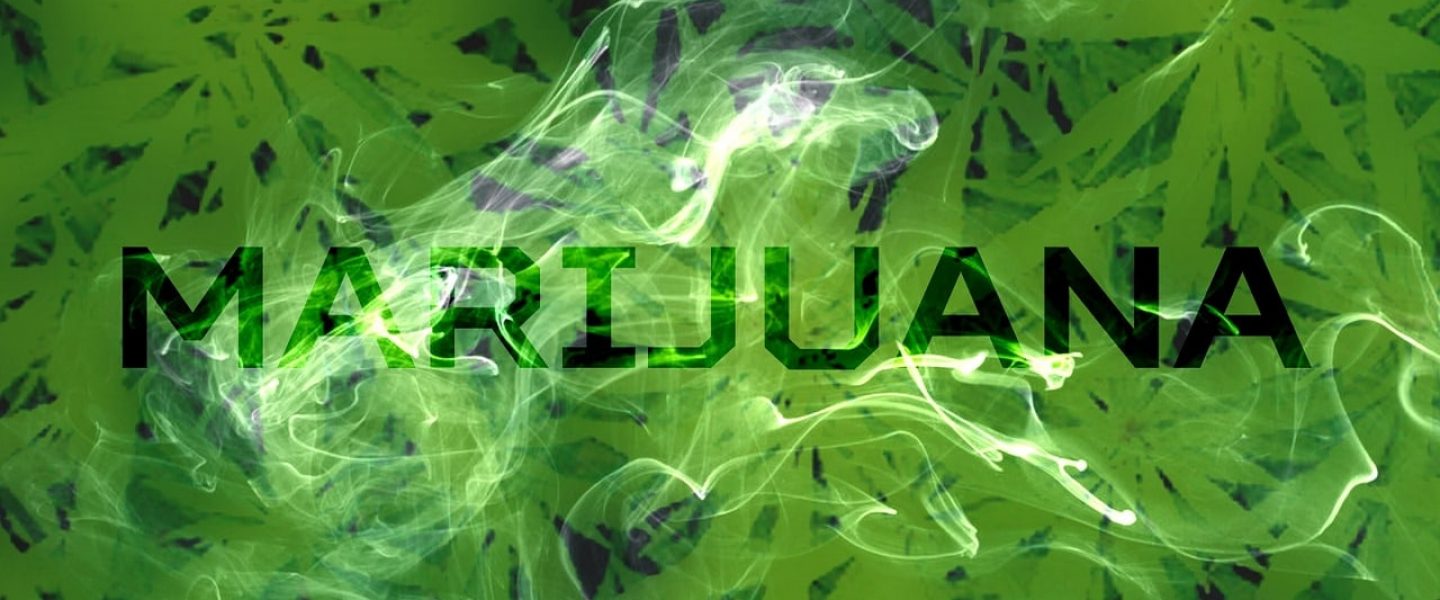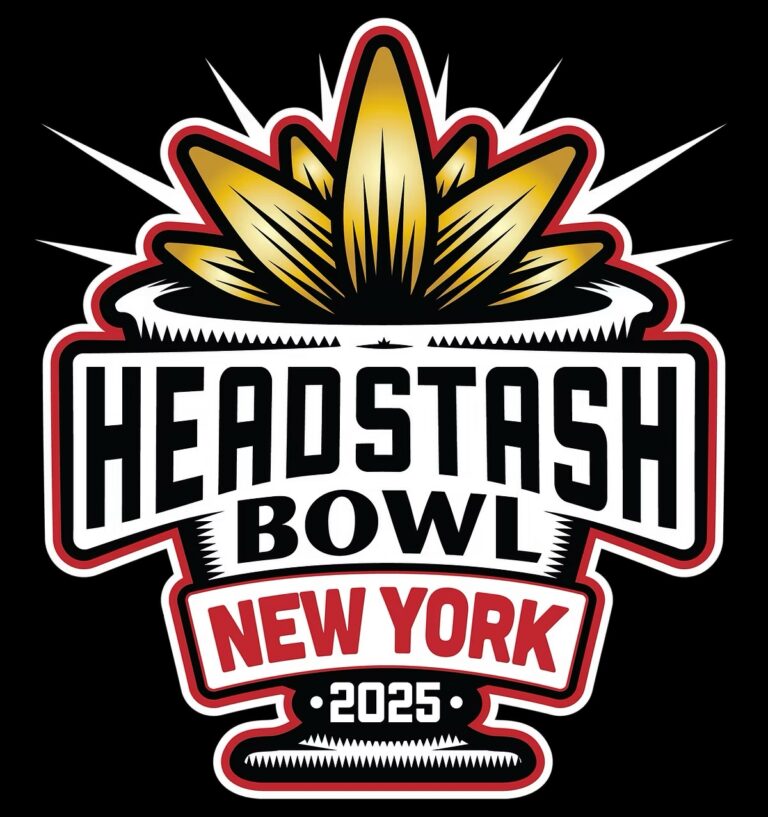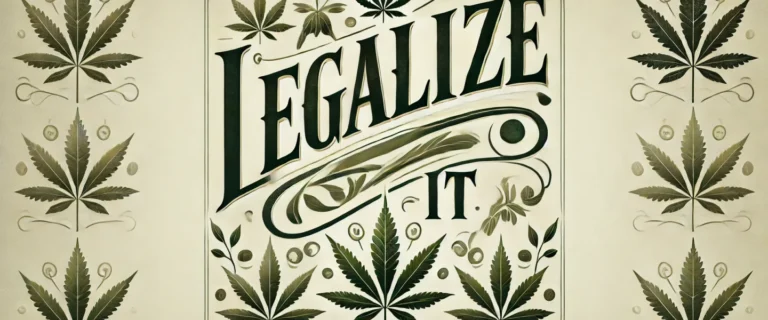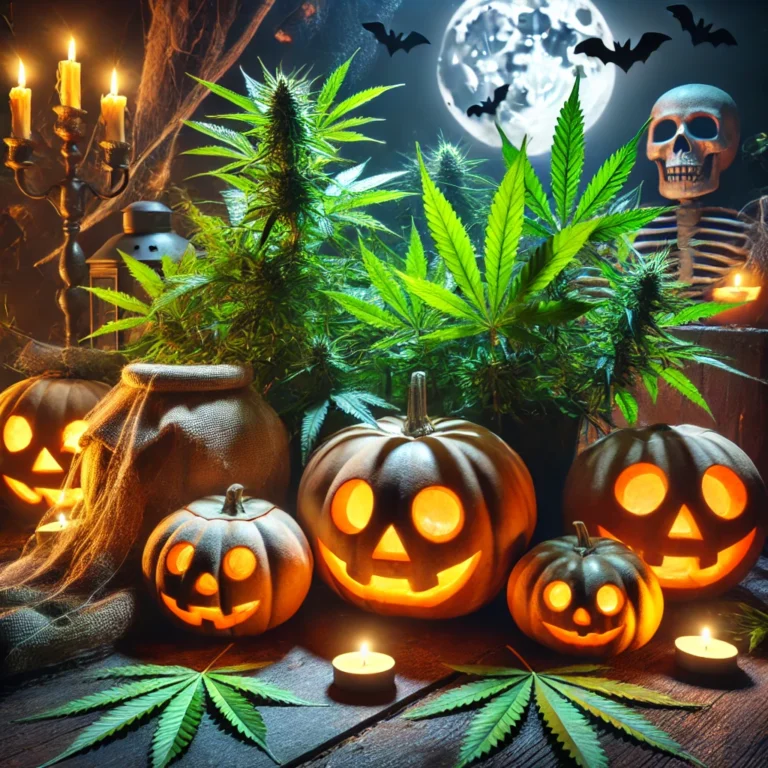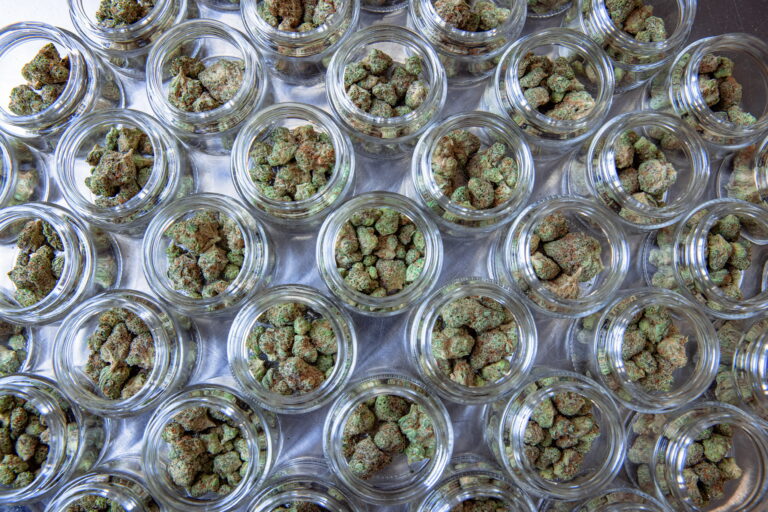Even given its enduring popularity, Marijuana has risen to new prominence around the world in just a few short years, winning legalization in states all over the globe for medicinal as well as personal use. In spite of its ferocious persecution by the powers that be, pot has withstood prohibition, unflattering stereotypes, and criminal persecution by those who do not understand it. In spite of its many successes, however, pot is still facing a large number of inaccurate and indeed, dangerous myths about it that serve to empower its political enemies and keep weed listed as a schedule one drug. Let’s sit down and unpack some of these myths, so as to better understand and educate ourselves about the various lies and misconceptions pot aficionados have and continue to encounter.
Myth #1: Marijuana Is a Dangerous Carcinogen
It’s true that marijuana can prove a danger to your lungs, if you smoke enough of it. We can’t emphasize enough how important the italicized text is to this issue. Virtually anything can be carcinogenic if you smoke enough of it: the simple fact of the matter is that your lungs do not love foreign particles in them. The question you should be asking is, does smoking a normal amount of marijuana result in a serious risk of lung cancer? The answer is absolutely not. Marijuana has never even been causally linked to lung cancer in the same manner that cigarettes have: people just assume that smoking too much of anything can’t be good for you. Some compounds in cannabinoids even play a role in killing some kind of cancers, creating a somewhat self-contradictory review for pot in the cancer world.
That’s right, substances in pot have been shown to be ANTI-carcinogenic in some instances. Specifically, they have medicinal properties in opposition to prostate cancer, lymphoma, leukemia, breast cancer, glioma, skin cancer and, in some cases, lung cancer itself. Weed is, like, complicated, man!
It should also be noted that we are only talking about smoking joints here….the danger, such as it is, comes from inhaling particles of foreign matter into your lungs. We have no particular reason to think that CBD or THC absorbed into the body through ingestion would carry any real cancer risk. That said, don’t go whole hog on too many of those edibles: the increased pounds too many pastry like edibles can make you put on IS a cancer risk, as is potentially going the same route due to too many late night bouts of the munchies!
To sum up, it doesn’t seem that smoking pot by itself represents a serious risk of getting cancer, and numerous compounds in cannabis even fight against cancer. That said, if you’re concerned about blasting your lungs with weed particles, all you need to do is whip up (literally!) some cannabutter and smash a plate full of brownies. Same high, and the only thing you’re inhaling is the sweet, sweet smell of chocolate!
Myth #2: Marijuana Can Cause Serious Addiction Issues
Let’s get this out of the way first: Can you get addicted to marijuana at all? The answer is technically “yes,” but you can breathe (toke) easy, my friend, as getting addicted is no simple feat. You see, getting addicted to marijuana is significantly more difficult, and far rarer, than alcoholism. Before you get to addicts, you need to be looking at a subset of pot users, the hardcore users, and even there only a small subset of them represent actual addicts. We’re talking around 10 years of something approaching lighting up every day, and usually a half dozen prior attempts at quitting. So we’re talking a rarified group of hardcore stoners. These people don’t represent the lost souls you’ll see to heroin or alcohol, either. All in all, we’re talking about less than 9% fitting the profile for addiction, and you need to work to get there.
Compare the effects of addiction to those of alcohol, for example. Yes, like any addiction, you will crave pot and desperately desire more (we know, sounds like a pretty average day so far). It can make your memory foggy and make it difficult to concentrate. You might lose interest in non-marijuana related hobbies and activities, including employment. But balance that against alcohol, where alcoholism can cause violence, intense physiological addiction, all of the prior negatives (after all, you’re hardly focused and put together when you’re totally drunk) as well as serious liver and eventually brain damage. The competition isn’t even close, alcohol “wins” by a country mile.
Myth #3: Marijuana is a “Gateway Drug”
One of the biggest myths attached to weed is that it is a so-called gateway drug. What’s that, you ask? The concept works like this: poor little Adam and Alice are lured into smoking pot by their evil, no-good friends. After they start smoking weed, which is terrible and bad and has no medical purpose, their awful activist friends use their exposure to weed and somehow leverage it into trying harder drugs. Note that nobody ever blames, say, alcohol or nicotine for leading to harder drugs. Just pot. I wonder why that is? In any case, you don’t need to worry about it, because it happens to be nonsense.
You don’t need data to debunk this one, because the proponents of it never had any data themselves. As far as anyone can tell, this concept was made up out of whole cloth sometime around the 1980s. Any evidence connecting pot users to harder drug use is insufficient by itself. Why? Because of the direction of causality. Even if pot users are more likely to use harder drugs, it is extremely difficult to prove that they use harder drugs because they use or used marijuana. They may, for example, just be of a particular temperament more likely to experiment with different drug types. For such people, Marijuana was simply one drug that happened to be available, and by no means did it cause them to do anything.
We also have no easy way absent complex studies to isolate the use of marijuana versus other harder drugs. Did those who went from weed to crack also drink alcohol? Did they have mental problems, or were they from a lower or higher economic class, or any number of other factors that could also act as causative agents? People in positions of real authority just yelled the phrase “gateway drug!” and never put in the hard work needed to prove what they were claiming. But did they really have to? The persistence of this ongoing myth shows that if you yell something loud enough, people will start to remember it and even believe it regardless of its truth. Does that remind you of anything else in modern politics?
Myth #4 Cannabis is the Harbinger of Chaos
In many ways, this is marijuana’s original myth. The idea, as popularized by films like Reefer Madness, was that a mere singular puff of a solitary spliff would turn the hapless user into a monstrous fiend: attacking innocent people, engaging in rampant sexual assault and a frenzied array of general theft and violence. Thoroughly believable if you’ve never smoked a joint in your life and never knew anyone who had, I suppose.
The truth is, not only is the above wrong, there is more than a little racism baked into it. The original war on pot was marketed as keeping the white youth safe from black people, who were seen as the source of and original users of marijuana. There was the fear that pot smoking would cause white girls to fall in with black boys, and white boys to start acting like their black counterparts. White people, who generally knew nothing at all about black people except their own racist myths, assumed that they had all of the above negative characteristics, attributes that would then be imputed to marijuana.
No, pot does not turn its users into ravenous, malicious psychopaths. Well, maybe a touch ravenous. Here’s a few things marijuana does do. It does in fact redden your eyes, due to the blood vessels within them expanding. Don’t laugh, but this might have actually seemed pretty frightening to uneducated people upon first seeing it happen. It might reduce your anxiety, but in some cases it increases it, tilting in that direction the more you use. Frequent use can lead to some issues with memory and focus, something that is well documented. This lack of focus can make things like driving dangerous- don’t drive or, I don’t know, say, operate a forklift while high. Yes, I’m well aware that the stuff on that pallet needs to get shipped to Topeka, you’re just gonna have to wait until you’re sober. Finally in terms of physiological symptoms, you might face the worst of them all, the nightmare known to frequent users as…..the munchies. Marijuana use enhances your appetite, much to the aid of cancer and AIDS patients and much to the bane of people counting calories. The munchies are real and they are terrifying, particularly if you’re a bag of doritos just minding your business at the local gas station.
At the end of the day, there are at least as many myths about marijuana as there are truths out there. If anything needs a rebranding, it’s pot: but until people prove willing to open their eyes to its relative harmlessness, the best tool in your arsenal for dealing with deception is the shining light of truth. Don’t let dishonest people control the narrative about the hempen leaf. Speak truth to power, and let your smoke blow free!
Here’s some more links from The Weed Blog to get you on the right path:
Hemp CBD Myths
HempFX Seeks to Educate, Dispel Myths, and Offer Natural Choices


